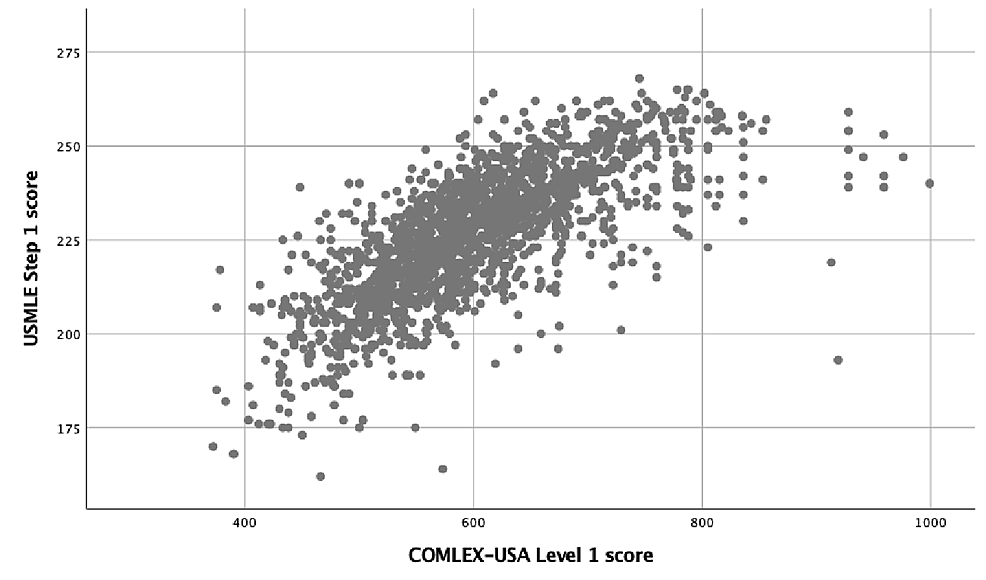I posted on the Ophthalmology Forum as well.
My wife is an M3 at a low tier MD School in the southeast.
Step 1: Upper 250s
Step 2: Not yet taken
Clinicals: Honored all Rotations so far.
Lots of volunteering around town and really unique ECs
Her school doesn't have a home Ophtho program and doesn't have any Ophthalmologists as part of the teaching staff. She did her rotation with a local PP ophtho practice but has no other exposure to ophthalmologists through the med school. She absolutely loves the field and was able to get promises for strong LORs from the attendings at the PP clinic.
The problem is that her school is very much primary care minded and don't really have research opportunities available to the students in any of the more competitive specialties.
My wife has pursued a few research projects that we're outside of the school but they didn't pan out. Mainly, COVID cancelled or indefinitely suspended the projects.
Is it possible to match with a great Step 1, great clinical grades, and strong LORs, and unique volunteer and ECs, but with NO ophthalmology research to speak of? Like zero research in the field?
Frankly, as her husband, it's really hard for me to see her so sad and stressed over "trying to find research". I want to help her in every possible way that I can, but I know even less about research than she does.
So I'm posting hoping that y'all maybe have some wisdom or even have some anecdotal stories that it is possible. Do PDs understand her situation with the limited Research and no home program?
EDIT: She matched! It is possible! Woohoo!
My wife is an M3 at a low tier MD School in the southeast.
Step 1: Upper 250s
Step 2: Not yet taken
Clinicals: Honored all Rotations so far.
Lots of volunteering around town and really unique ECs
Her school doesn't have a home Ophtho program and doesn't have any Ophthalmologists as part of the teaching staff. She did her rotation with a local PP ophtho practice but has no other exposure to ophthalmologists through the med school. She absolutely loves the field and was able to get promises for strong LORs from the attendings at the PP clinic.
The problem is that her school is very much primary care minded and don't really have research opportunities available to the students in any of the more competitive specialties.
My wife has pursued a few research projects that we're outside of the school but they didn't pan out. Mainly, COVID cancelled or indefinitely suspended the projects.
Is it possible to match with a great Step 1, great clinical grades, and strong LORs, and unique volunteer and ECs, but with NO ophthalmology research to speak of? Like zero research in the field?
Frankly, as her husband, it's really hard for me to see her so sad and stressed over "trying to find research". I want to help her in every possible way that I can, but I know even less about research than she does.
So I'm posting hoping that y'all maybe have some wisdom or even have some anecdotal stories that it is possible. Do PDs understand her situation with the limited Research and no home program?
EDIT: She matched! It is possible! Woohoo!
Last edited:

